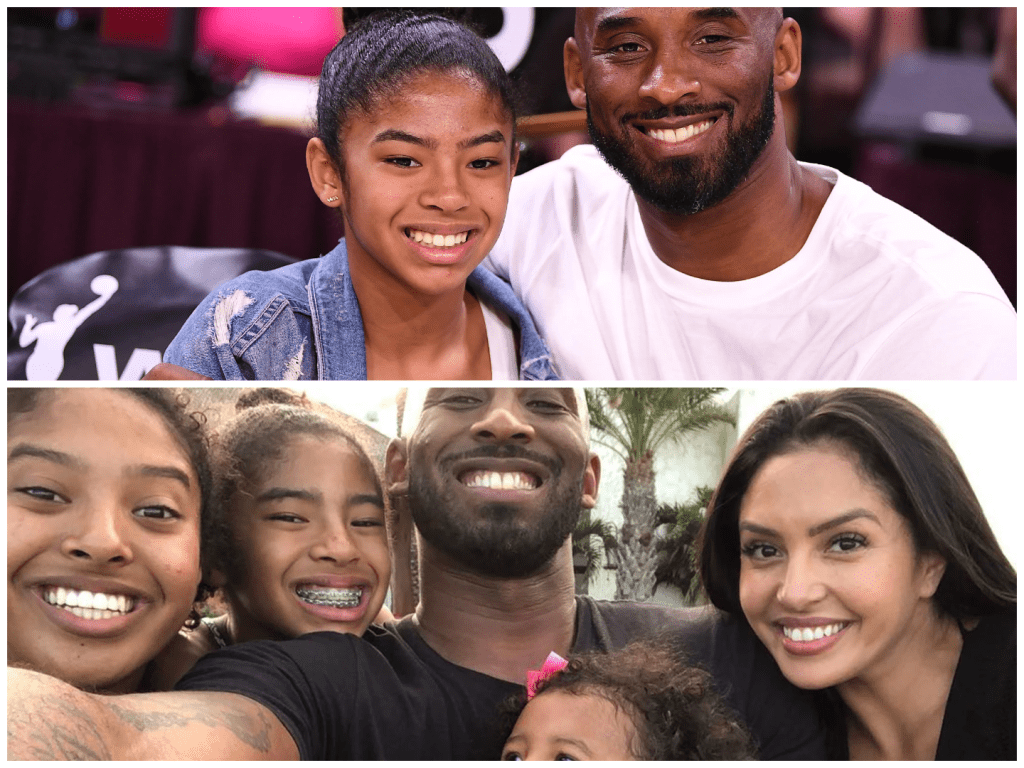Study Finds Fathers With Daughters Add Years to Their Lifespan—And The Reason Might Warm Your Heart
There’s something quietly beautiful about watching a father cradle his daughter—whether it’s at the hospital the day she’s born or at a wedding decades later. But according to an intriguing and heartwarming study, this father-daughter bond may not just be emotional—it might actually extend a dad’s life. That’s right. Real scientific research suggests that being a “girl dad” could come with a hidden health benefit: a longer life.

The study that sparked all this conversation came from Jagiellonian University in Krakow, Poland. Researchers followed the lives of more than 2,100 men and women in rural communities. What they found was surprisingly specific. For every daughter a man had, his lifespan increased by approximately 74 weeks—that’s just over 1.4 years per daughter. Fathers with multiple daughters seemed to experience even greater longevity, whereas sons did not seem to provide the same effect. In fact, mothers in the same study were found to have a slightly shorter life expectancy the more children they had, regardless of gender.
At first glance, it may sound like one of those quirky internet facts designed to go viral. But when you dig deeper, the data is grounded in statistical analysis and decades of demographic tracking. And while scientists are careful not to label this as a direct cause-and-effect relationship, the correlation is significant enough that it’s caught the attention of experts and everyday people alike.
I came across the story while scrolling through a parenting forum. A dad had shared the article, writing, “I always knew my little girl would save my life—turns out she literally might.” It stuck with me. I thought about my own father and how he used to light up every time he saw my sister walk through the door. I thought about how, even as adults, she’s the one who checks in every day, the one who remembers doctor appointments, and the one who somehow always knows when he needs something—even if he won’t admit it.
This study got picked up by several mainstream outlets like Men’s Journal and Yahoo Life. The conversation quickly turned emotional, especially on social media. One nurse replied, “Female adult children do WAY better caring for aging parents than their male counterparts.” Another comment read, “This is why dads spoil their daughters—it’s their secret retirement plan.” Funny as that may sound, there might be some truth to it.
Beyond caregiving, the researchers speculate that emotional connection and lifestyle changes may also play a role. Fathers of daughters might make healthier choices, avoid risky behaviors, or become more emotionally attuned after having daughters. The presence of a daughter could encourage fathers to stop smoking, eat better, or engage more deeply with family. There’s even evidence in other studies that daughters promote stronger social ties within families, which is itself linked to longevity.

What’s especially touching about all of this is that it flies in the face of outdated stereotypes. For generations, sons were seen as the pride-bearers, the ones who’d carry the family name, while daughters were often treated with restrictive protectiveness. But this research subtly flips that idea on its head. It shows us that daughters, in all their nurturing wisdom and quiet strength, may actually give something priceless back to their fathers: time.
The concept of “girl dads” became mainstream in 2020 when Kobe Bryant—father to four daughters—passed away. His deep pride in being a father to girls inspired a global wave of admiration. After his death, the term took on emotional meaning. Fathers posted pictures with their daughters, wrote heartfelt captions, and described the unique bond they shared. This study seems to underscore that very sentiment: that having daughters isn’t just rewarding—it’s literally life-extending.
One father who was interviewed after the study’s release said something that really struck a chord. “When I had my daughter, I felt a shift in my entire being. It wasn’t about legacy or teaching her the ropes—it was about becoming better myself. She made me softer, wiser, more careful. I guess you could say she made me want to stick around longer.”
In a world where so much of health is focused on medicine, this feels refreshing. It’s a reminder that relationships, love, and human connection can be just as important to our survival. And while we don’t need science to tell us that daughters are special, it’s always nice when data backs up what the heart already knows.
Of course, not all families look the same. And not every father-daughter relationship is perfect. But even in complicated dynamics, there’s something quietly consistent about the way daughters tend to show up. They call. They visit. They ask the hard questions about health. They hold hands in waiting rooms. And apparently, in doing so, they might just add years to a father’s life.
So what do we do with this information? Maybe we call our dads a little more often. Maybe we take time to appreciate those little moments that feel ordinary but add up to something extraordinary. Maybe we stop and realize that for some people, love is not just felt—it’s life-giving.
And for all the fathers out there raising daughters, just know this: your presence matters more than you think. And if this study holds up, your daughter might just be helping you live a little longer—one day, one hug, one “I love you” at a time.



